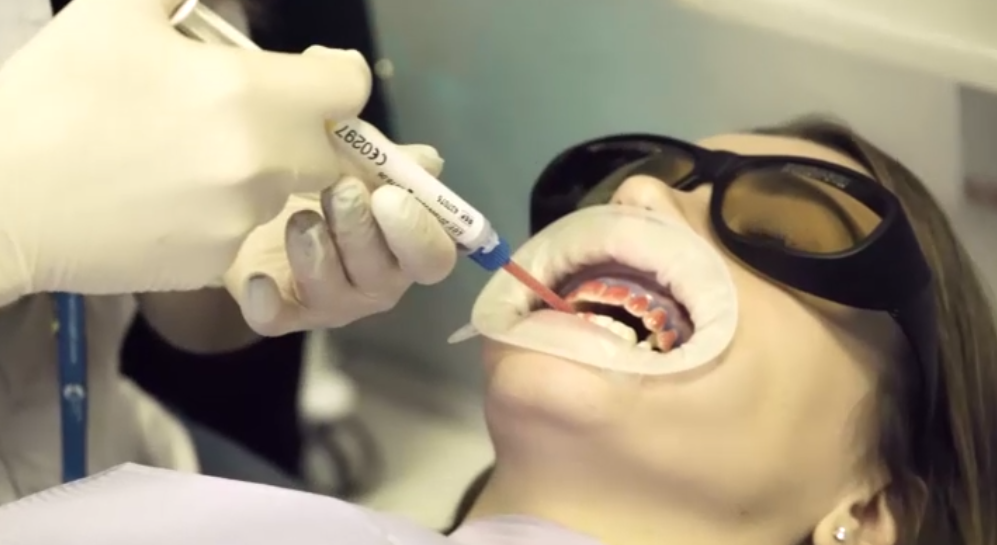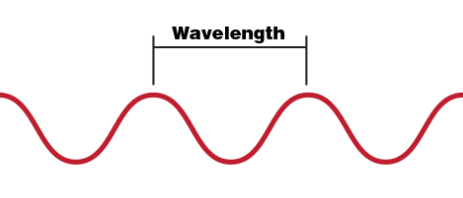Several factors can affect the effectiveness of laser teeth whitening treatment. Here is an analysis of some of the most important factors:
1. Initial tooth color: The initial color of the teeth can affect the final outcome of the treatment. Teeth that are severely stained or discolored may require more than one session of laser whitening or other teeth whitening methods to achieve optimal results.
2. Type and strength of the whitening agent: The type and strength of the whitening agent used in the treatment can affect the effectiveness of the laser whitening. Higher concentrations of hydrogen peroxide or carbamide peroxide can produce more dramatic results, but also increase the risk of tooth sensitivity and gum irritation.

3. Laser wavelength and energy: The wavelength and energy of the laser used in the treatment can affect the effectiveness of the whitening. A laser with a shorter wavelength (450nm) and higher energy output may produce better results, but also increase the risk of thermal damage to the tooth enamel and surrounding tissues.

4. Treatment duration and frequency: The duration and frequency of the treatment can also affect the effectiveness of laser whitening. Longer treatment sessions or multiple treatment sessions may produce better results, but also increase the risk of tooth sensitivity and gum irritation.
5. Oral hygiene and lifestyle factors: Good oral hygiene practices and lifestyle factors such as diet and smoking can also affect the effectiveness of laser whitening. Poor oral hygiene and certain foods and beverages can contribute to tooth staining and discoloration, while smoking can cause permanent discoloration of the teeth.

Overall, several factors can affect the effectiveness of laser teeth whitening treatment, and it is important to consult with a dental professional to determine the best treatment plan for your individual needs and goals.